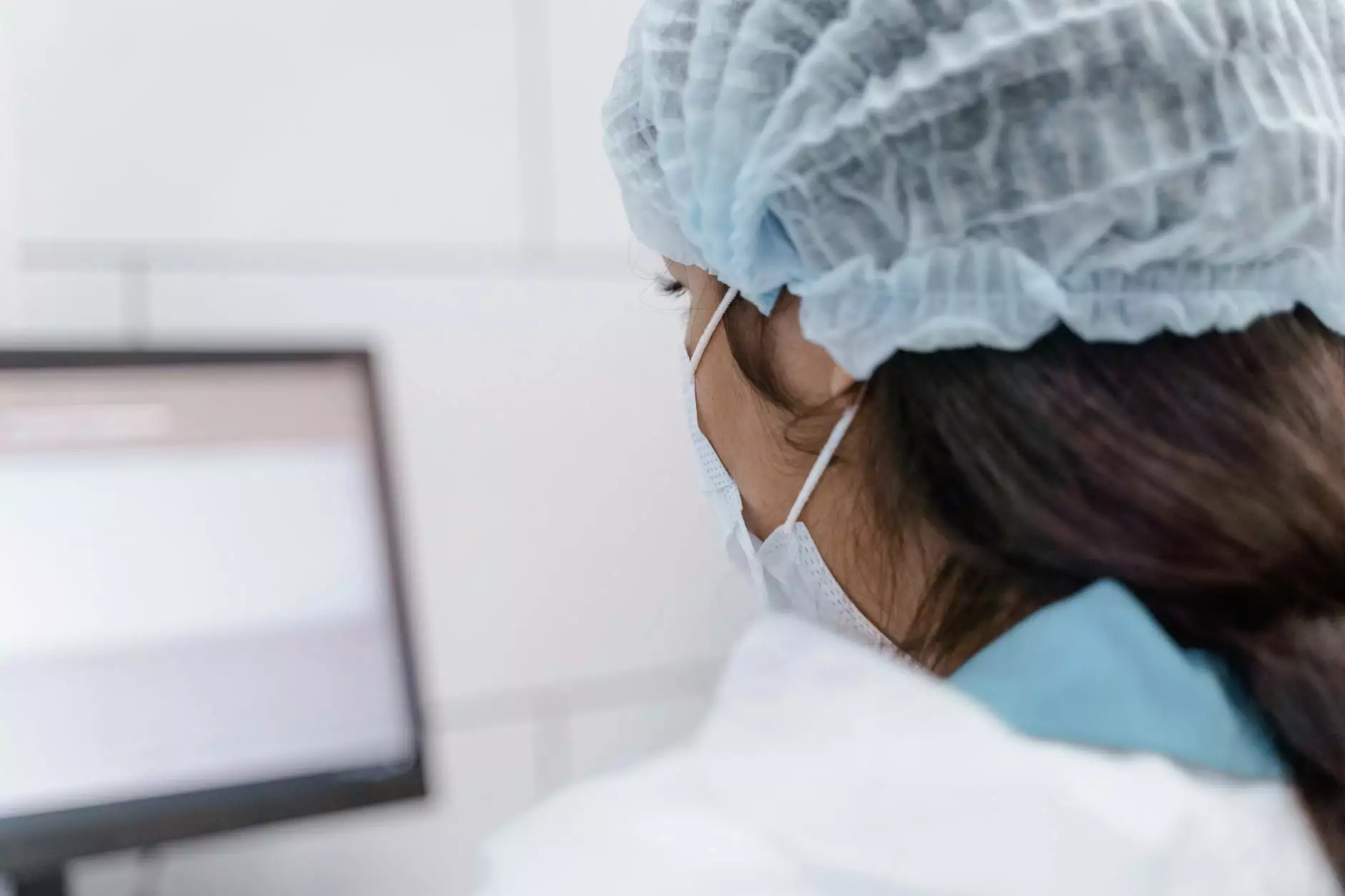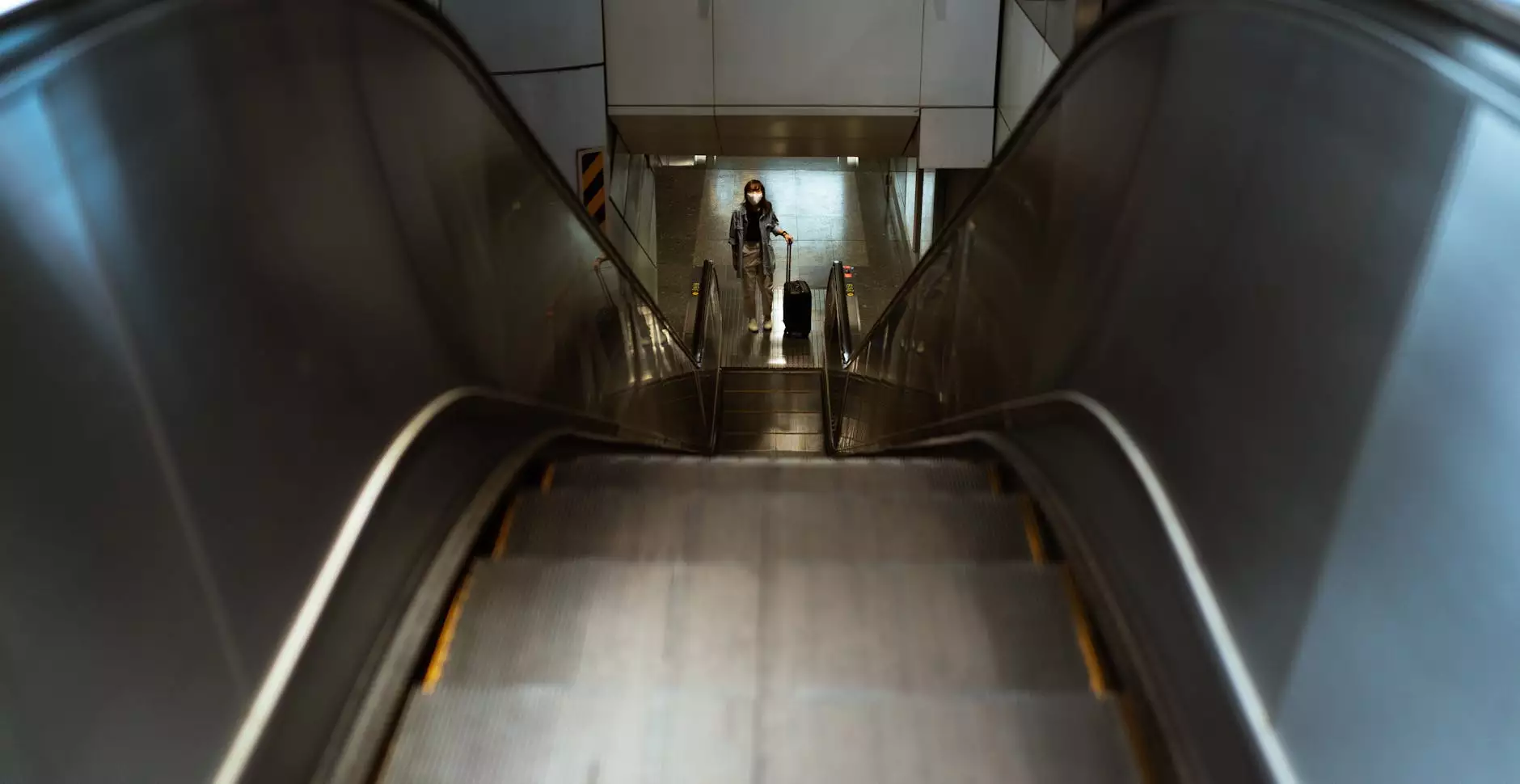The Positive Impact of Used Mobile Clinics in Today's Healthcare Landscape

In today's rapidly evolving healthcare system, accessibility is one of the greatest challenges. The introduction of used mobile clinics has emerged as a revolutionary solution, bringing medical care directly to communities in need. These clinics have not only enhanced healthcare delivery but also opened new avenues for doctors, medical centers, and the overall health ecosystem. This article delves into the benefits, usage, and future potential of used mobile clinics in improving health services.
What is a Used Mobile Clinic?
A used mobile clinic is essentially a pre-owned vehicle equipped to provide a wide variety of health services. These clinics can range from simple examination units to fully equipped medical facilities that include the latest medical technology. They come in many forms, such as vans, buses, or trailers, and can be set up for numerous types of medical services, including:
- Routine checkups
- Vaccination drives
- Dental care
- Health screenings
- Specialized care for chronic diseases
Benefits of Using Mobile Clinics
1. Enhanced Accessibility
One of the most significant advantages of used mobile clinics is their ability to reach underserved populations. Many individuals living in remote or rural areas lack easy access to healthcare facilities. Mobile clinics can bridge this gap by providing essential services in the communities where people live and work.
2. Cost-Effective Solutions
Operating used mobile clinics can be considerably less expensive than maintaining brick-and-mortar facilities. They help reduce overhead costs related to utilities, rent, and staffing by allowing healthcare providers to serve multiple communities without the need for permanent locations.
3. Flexibility and Adaptability
Used mobile clinics can be equipped for various services and can change locations as needed. This adaptability allows healthcare providers to respond effectively to emerging health issues, such as during a pandemic or after a natural disaster when immediate medical assistance is required.
4. Increased Engagement with the Community
Mobile clinics often foster better relationships between healthcare providers and the community. They can offer services in familiar settings, which encourages more individuals to seek care and engage with health resources. This increased interaction is vital for preventive health and education initiatives.
Features of Modern Used Mobile Clinics
1. Fully Equipped Medical Facilities
Despite being used, these mobile clinics are often outfitted with advanced medical equipment, comparable to stationary clinics. They may include:
- Examination tables and diagnostic tools
- Laboratory equipment for on-site tests
- Telehealth equipment for remote consultations
- Storage for medical supplies and records
2. Customizations for Specific Health Needs
Many used mobile clinics can be customized to cater to specific healthcare services. For instance, some clinics may focus on women's health, pediatrics, or even mental health services. This flexibility ensures that the communities served receive tailored care suitable to their unique needs.
3. Sustainable and Eco-Friendly Options
Recent trends have shown a push towards sustainability within the healthcare sector. Some used mobile clinics are equipped with solar panels and eco-friendly facilities that reduce their carbon footprint, demonstrating a commitment to both health and environmental stewardship.
Challenges Facing Mobile Clinics
While used mobile clinics provide numerous benefits, they are not without challenges. It's essential for healthcare providers to be aware of and manage these challenges effectively to maintain high-quality services. Some difficulties include:
- Logistical Issues: Coordinating routes and schedules can be complex, especially in larger metropolitan areas.
- Funding and Insurance: Accessing sufficient funding and insurance coverage for mobile services can be challenging.
- Resource Limitations: Space constraints may limit the range of services offered at any one time.
- Community Awareness: Continuous outreach and education are necessary to inform communities about available services.
Case Studies: Successful Implementation of Used Mobile Clinics
1. Urban Health Initiatives
In cities like Los Angeles, mobile clinics have successfully reduced health disparities by bringing care to neighborhoods with limited access. Partnerships with local organizations ensure that residents receive preventive care, screenings, and health education strategically tailored to address community-specific health issues.
2. Rural Healthcare Solutions
In rural areas of Appalachia, used mobile clinics have served as critical lifelines for residents requiring routine healthcare services. These clinics have conducted health fairs, offered annual screenings, and provided necessary health education, significantly improving the region's overall health statistics.
How to Acquire a Used Mobile Clinic
1. Research and Identify Needs
Before acquiring a used mobile clinic, organizations should conduct a comprehensive assessment of community needs. Identify prevalent health issues, population demographics, and necessary services to find a clinic that can cater to those needs.
2. Evaluate Options
There are various vendors and online marketplaces specializing in used mobile clinics. Ensure to thoroughly evaluate the options available, considering factors such as:
- Condition of the vehicle
- Medical equipment included
- Price and financing options
- Reputation of the vendor
3. Comply with Regulations
Once a used mobile clinic is acquired, healthcare providers must comply with local, state, and federal regulations. This includes necessary permits, licenses, and health inspections to ensure service delivery aligns with established health standards.
The Future of Used Mobile Clinics
The future of used mobile clinics is promising, with technological advancements and changing perceptions of healthcare delivery models. The integration of telehealth services allows for remote patient monitoring and consultations, further enhancing the ability to provide high-quality care across diverse populations. Additionally, as communities become increasingly engaged in their health outcomes, mobile clinics will play a crucial role in shaping accessible healthcare delivery.
Conclusion
In summary, used mobile clinics are more than just vehicles; they are essential components of a modern healthcare system that strives to make quality healthcare accessible for everyone. They bring a multitude of benefits—enhanced accessibility, cost-effectiveness, and community engagement—that are vital for addressing the healthcare challenges faced today. By investing in used mobile clinics, we can foster healthier communities and pave the way for innovative health solutions aligned with the needs of all individuals.
For healthcare providers considering a used mobile clinic, it is crucial to take the time to research, plan, and execute effectively in order to realize the maximum benefits that these mobile solutions can provide. The future of healthcare may very well depend on our ability to adapt and innovate through the use of mobile clinics.



